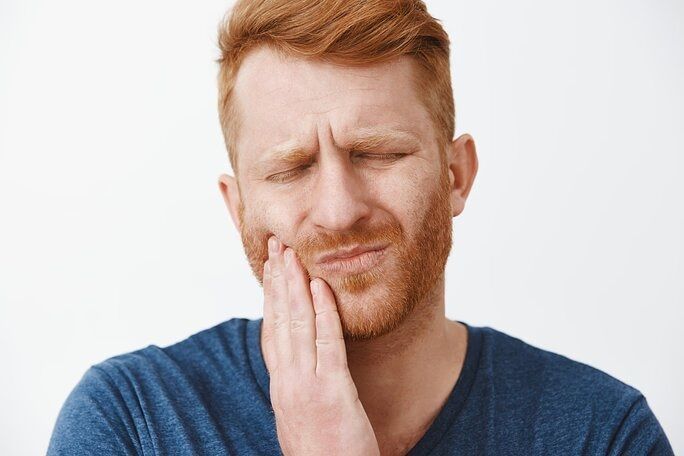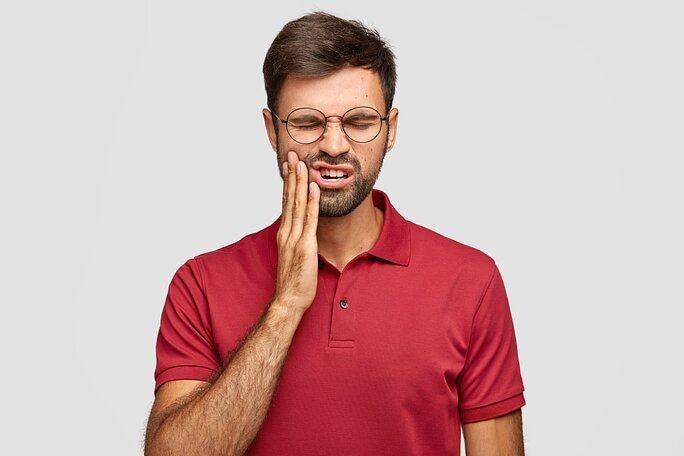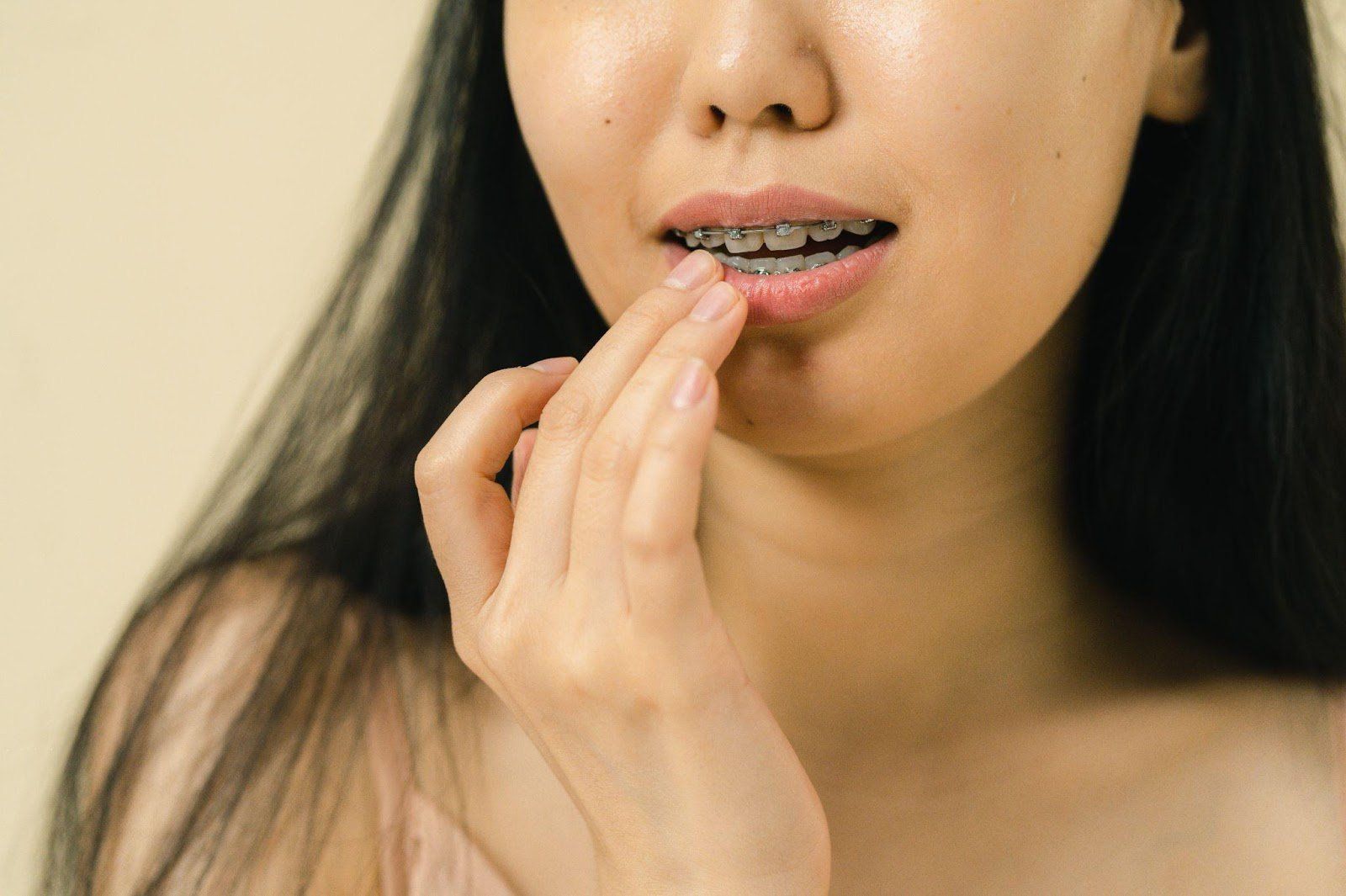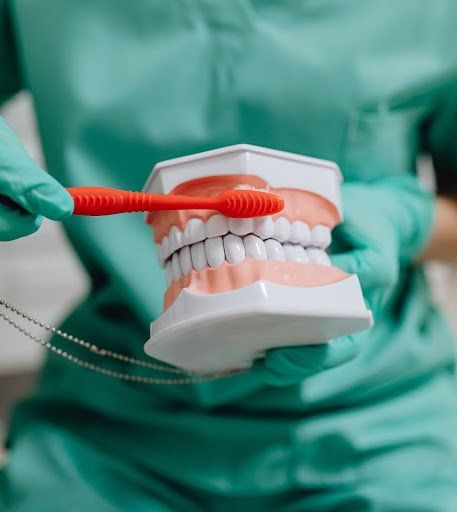Step-By-Step Guide To Properly Floss Your Teeth
- by Milena Marguenski
- •
- 26 Mar, 2020
- •

Flossing is a good dental care habit to avoid general bacterial growth and other gum diseases. Do you know brushing your teeth without flossing is like cleaning up only 70% of your body? What about the remaining 30%?
The Academy of General Dentistry (AGD) highly recommends flossing to inhibit the growth of plaque in between your teeth. It could be even more important than brushing when it comes to protecting your teeth from cavities and periodontal gum disease.
But, the dilemma is…How To Floss Correctly?
Align The Floss Safely
Before brushing the teeth, wind 18-inches of floss around your fingers. Now, hold strong 1-2 floss inches with your index finger and thumb.
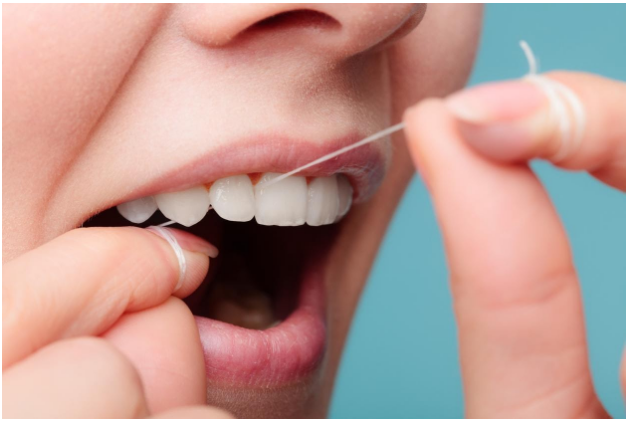
Start Flossing
Gently glide the floss in-between your teeth resembling a sawing motion. Be sure to not break the floss between the teeth or else it may bruise the tissue or the tooth.
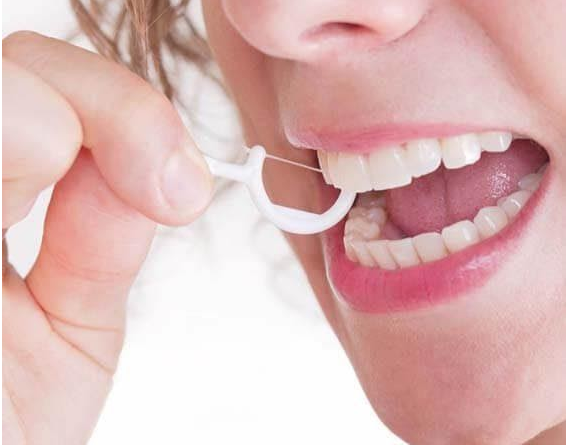
Angle Floss Properly
Use your thumb when flossing the upper teeth and while you do that, angle the tooth in a way that it covers the ‘C’ shape. As you slide the floss up and down, make sure it goes below the gum line.
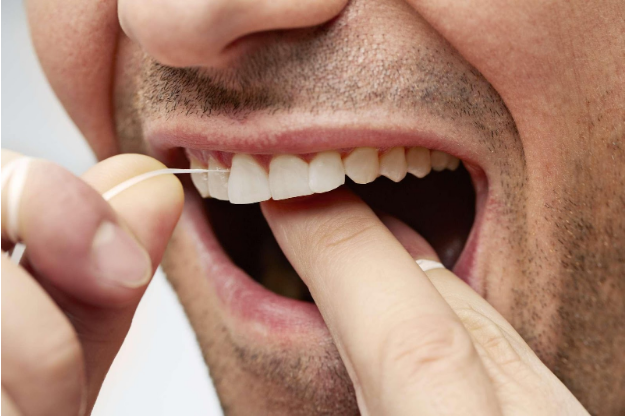
Floss Between The Teeth
Try to work in a clockwise direction while flossing the teeth. Start with the upper molars and end it with the lower molars.
Moving to the teeth, unwind the floss and rewind it so there is an ample amount of space for you to use the floss in a proper way.
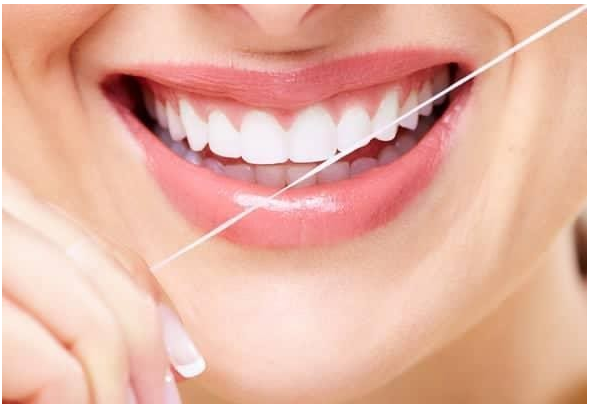
When the flossing is complete, dispose of the floss and don’t reuse it. If you use it again, you happen to restore the bacteria and debris that you worked so hard to get rid of.
Brush The Teeth Well
Upon completing the flossing, brush your teeth nicely. Don’t forget to rinse teeth with water or mouthwash. It's not even necessary to brush your teeth after flossing.
Never Skip Flossing
All that matters is you clean between your teeth every day and brush your teeth twice a day. This way, your oral hygiene will be maintained.
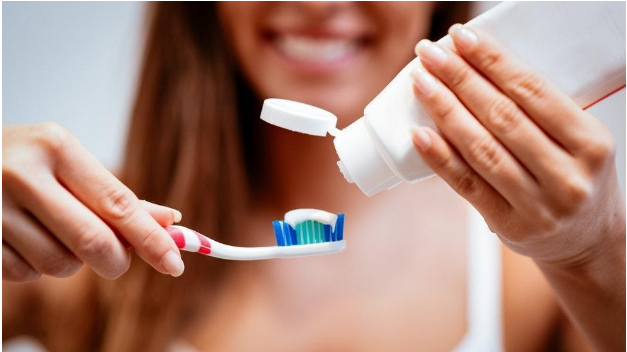
To Sum Up,
What flossing does to your teeth is what nutritious food does to your body. Brushing can do a part of the job, but flossing completes the job preventing you from bad breath and gum problems.
For any dental care service, schedule an appointment with a reputed oral surgeon in Brooklyn to manage dental health for years. Call us at 718.573.3333 or write to us at info@parkdentalbk.com to book an appointment.

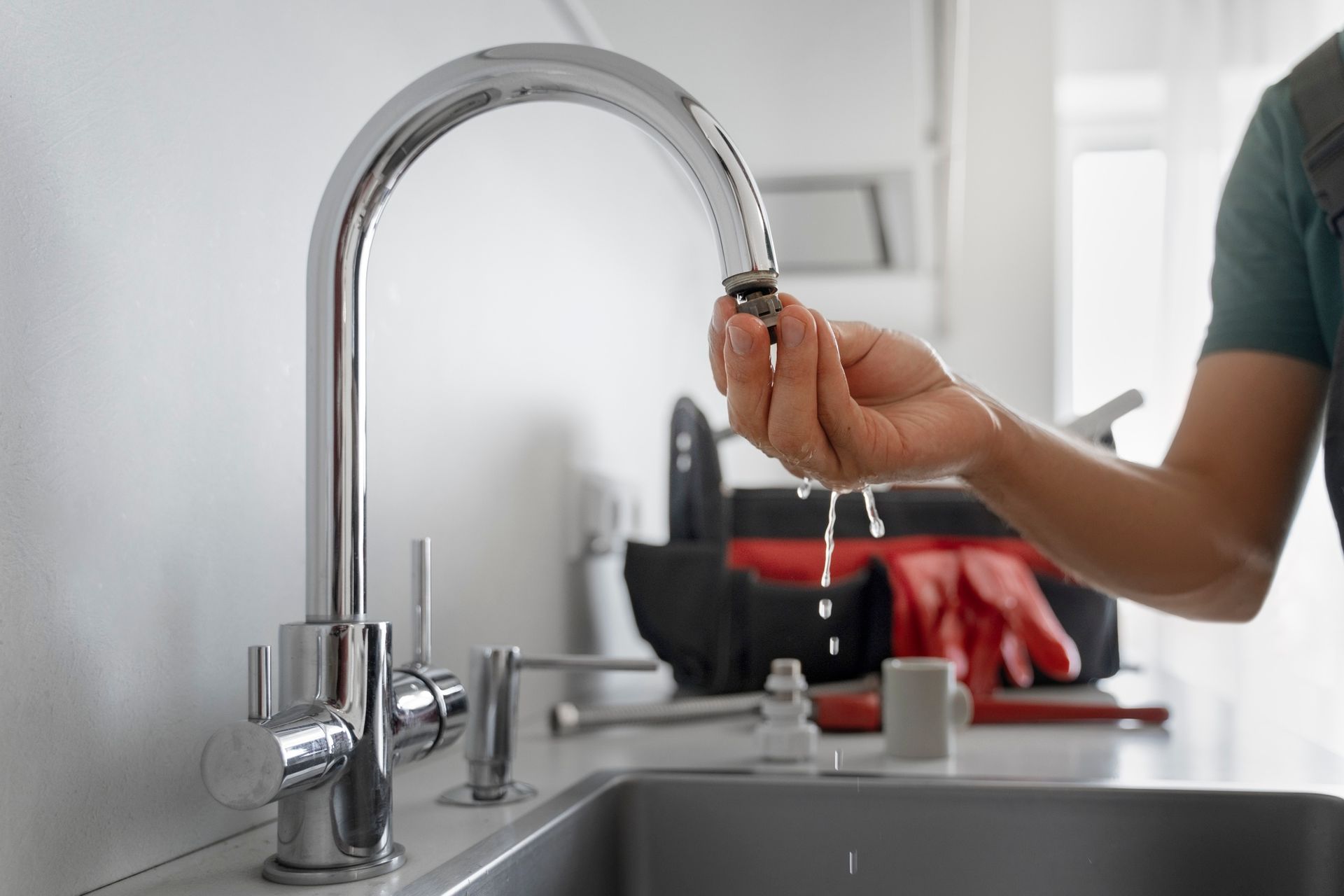
Brooklyn residents often wonder whether their tap water is helping or harming their dental health. One key factor in this debate is
fluoride
, a naturally occurring mineral added to public water supplies to prevent cavities. But does Brooklyn tap water really protect your teeth from decay? In this blog,
we’ll
uncover the truth about fluoride levels in NYC’s water and whether it plays a significant role in cavity prevention.
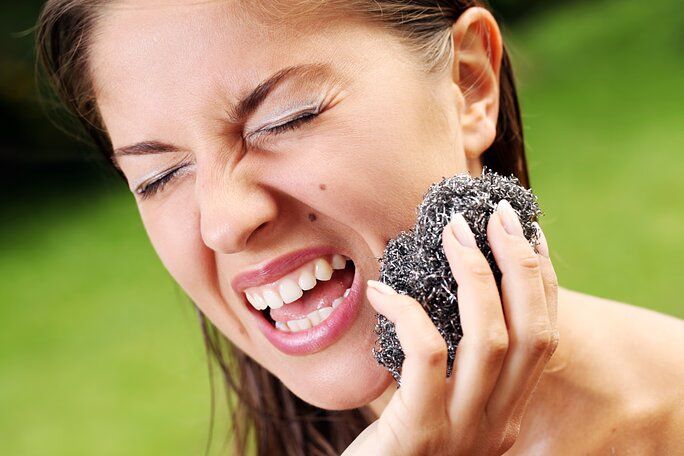
Sudden gum swelling is a dental condition that requires immediate attention, even if there is no pain. Gum health is often overlooked, but it is essential for overall oral well- being. Swollen gums may seem harmless at first, but they often indicate underlying issues that can worsen if left untreated.
Many people think of dental emergencies as situations with severe pain, but it's important to understand that discomfort isn't always a reliable sign of serious problems. Just because there is no pain doesn't mean there is no risk. Sudden gum swelling should be treated as an emergency , emphasizing the need for prompt professional evaluation.
Ignoring swollen gums can lead to more severe complications, affecting both oral health and general wellness. By understanding the seriousness of this condition and
seeking timely intervention, you can prevent further damage and ensure that your gums—and teeth—stay healthy and strong.
A skilled dental team can properly assess and treat any swelling. Prioritize your gum health by taking action when you notice unusual changes, protecting your smile for the future.
It's important to remember that maintaining good oral hygiene, including flossing your teeth regularly , can help prevent conditions like gum swelling. Additionally, if you're interested in improving your smile beyond just addressing gum issues, there are various options available in cosmetic dentistry that you should know about. Finally, if you're looking for ways to achieve a brighter smile, there are effective methods on how to get whiter and brighter teeth at home that you might find helpful.
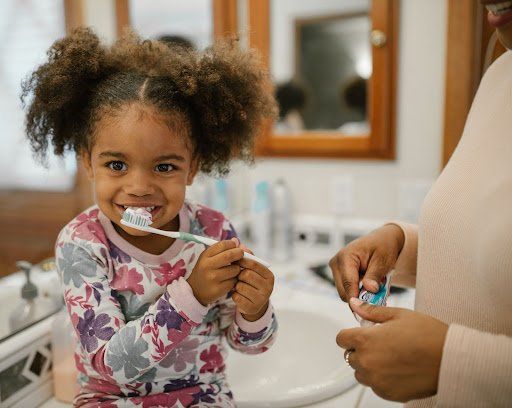
If you thought that oral health problems are only for adults, then think again. The first teeth start appearing by 4 to 5 months of age. Then by the age of 3, kids have a full set of teeth. This is the time when parents have to be extremely careful about oral hygiene.
By the age of 6-7, the primary teeth start to fall out to make space for the permanent teeth. These permanent teeth are the ones that will stay with them for the rest of their lives. However, there are certain oral problems such as tooth decay, lip sucking, and early teeth loss.
Let’s take a look at these common oral health problems.

With the procedures’ popularity, several pharmaceutical companies launched their over-the-counter teeth whitening kits. This made the procedure more accessible and cheaper as compared to a professional session.
But which one is better? Let’s understand both the procedures first.
